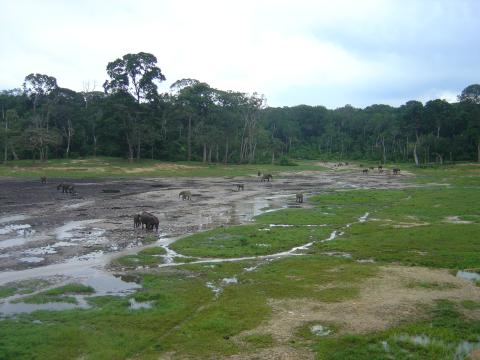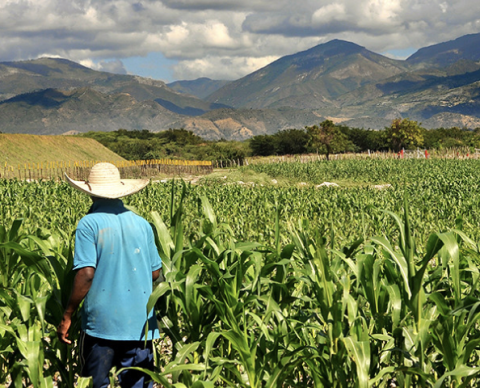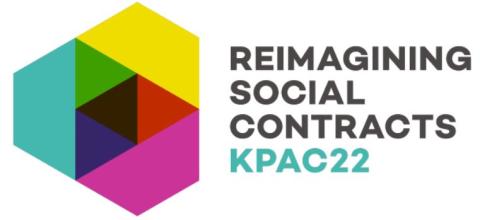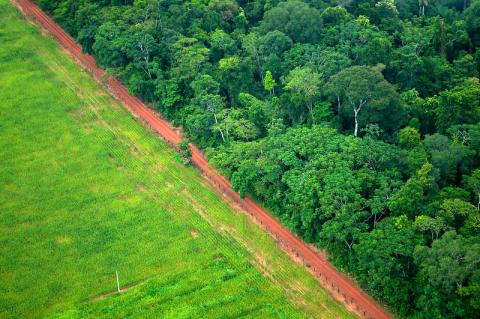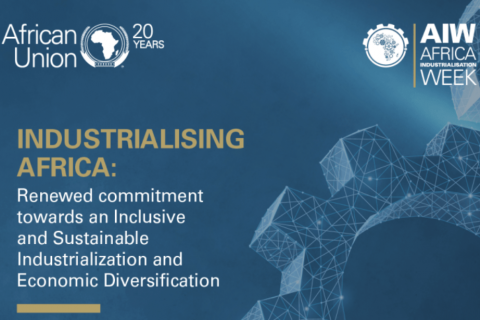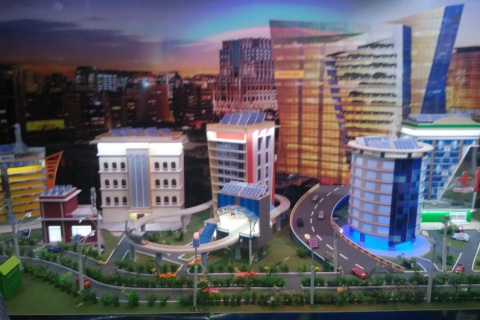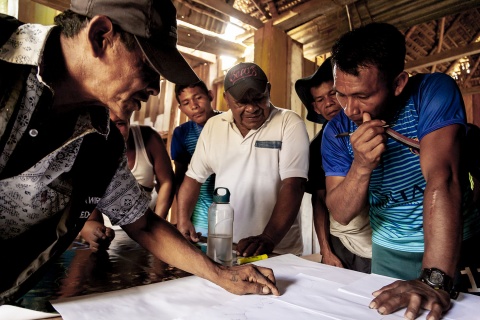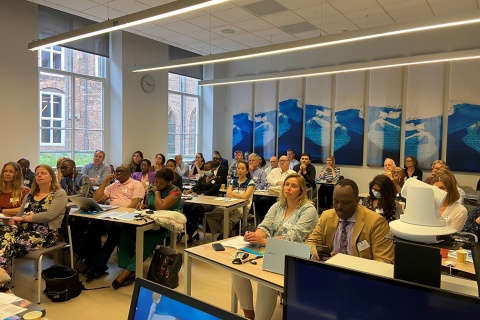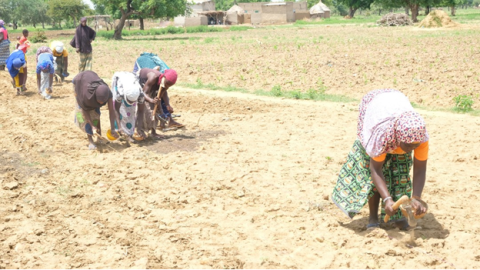Discover hidden stories and unheard voices on land governance issues from around the world. This is where the Land Portal community shares activities, experiences, challenges and successes.
 Follow our
Follow our
Sustainable Development Goals
Blog Series!
Interested in land corruption?
Follow our Land & Corruption Blog Series
for in-depth perspectives from the experts.
Issues
Geographical focus
1) Prof. Ngana, why did you launch this training unit on land issues at the University of Bangui? What needs does the training meet?
It was NELGA that motivated us. I am the Focal Point for NELGA in the Central African Republic. As part of the implementation of its structure in Central African universities, NELGA had launched a survey to revise the curriculum of land governance.
Titulación de tierras: la solución de siempre
Por Pedro José Castillo Castañeda[1]
Many rural communities in Tanzania share similar challenges from mining companies and investors. I have seen first-hand how men and women gender and land champions can help.
During the Annual Conference hosted by the Knowledge Platform Security and Rule of Law (KPSRL), the LAND-at-scale knowledge management organised a session exploring how land registration might impact relations between local governments and the populations they are expected to serve. Land registration interventions today often follow a path of decentralisation in which local land offices are tasked with additional responsibilities, or new entities are being created. These local offices give local authorities an important role in land mapping, registration, administration and adjudication.
Forests around the world play a major role in curbing or contributing to climate change. Standing, healthy forests sequester more atmospheric carbon than they emit and act as a carbon sink; degraded and deforested areas release stored carbon and are a carbon source.
“There is nothing more deceptive than an obvious fact”
- Arthur Conan Doyle
The LAND-at-sale project in Colombia was the first LAND-at-scale project to kick off. With its mid-term review just concluded, the project provides interesting insights into the challenges of not only achieving tenure security but sustaining it over time within a complex context. LAND-at-scale interviewed Piet Spijkers at Kadaster International, to learn more about their approach to achieve and sustain tenure security in Colombia through the LAND-at-scale project.
On 27-28 June 2022, RVO organized the first annual LAND-at-scale exchange, bringing together over fifty LAND-at-scale project partners, knowledge management partners, Committee members as well as representatives from the Dutch Ministry of Foreign Affairs for an in-depth introduction of all LAND-at-scale stakeholders and facilitate a learning exchange.
Burkina Faso has a long history of land interventions aiming to achieve tenure security at the local level. The “Observatoire National du Foncier au Burkina-Faso” (ONF-BF) is one of the key players in the country working on mapping land rights within communities at commune-level. How does ONF-BF address the challenge of not only attaining tenure security through mapping, but ensuring these tenure rights last over time?


